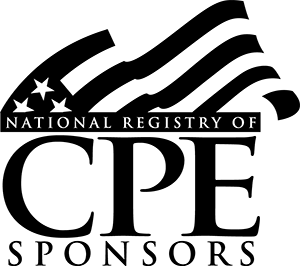Course Library
Design Thinking: An Innovative Approach for Solving Problems
Mar 02, 2021 UNC Charlotte Extended Academic ProgramsIn today’s world, the ability to innovate and to adapt to change is critical for any organization. Clinging to the status quo is a fast track to obsolescence. New products, services, and processes may be the answer, but which ones? And for which audiences?
Design Thinking can help leaders navigate turbulent waters by equipping them, and their people, with the tools to create non-obvious solutions and make ‘smart bets’ with increasingly limited resources.
Design, long thought of as a discipline focused on how products look and feel, has evolved to a mindset that informs and influences all aspects of an organization. Former Pepsi CEO Indra Nooyi puts it this way: “Design leads to innovation and innovation demands design.”
What is Design Thinking
Design Thinking is a human-centered approach to innovation that employs the principles and practices of design, such as empathy, rapid prototyping, and a healthy respect for failure.
Equal parts toolset and mindset, Design Thinking can be applied in a variety of ways to help organizations collaboratively solve complex problems, develop products and services, and design experiences that delight customers AND employees.
Curriculum
You can learn to apply the principles and practices of Human-Centered Design to your organization through the UNC Charlotte eight-evening, hands on Design Thinking Certificate Program: A Human-Centered Approach to Innovation.
Learning How To See Differently
- Introduction to Human-Centered Design
- Overcoming Organizational Barriers to Innovation
- Ethnographic Research 101
Change the Frame, Change the Game
- Sense Making
- (Re)Framing the Problem / Opportunity
- Structured Ideation
Thinking With Your Hands
- Rapid Prototyping
- Soliciting and Capturing Feedback
- Concept Development
Lights, Camera, Action!
- The Power of Storytelling
- Designing for Implementation & Adoption
- Real-World Application of Human-Centered Design
What You Will Learn
Led by a group of highly experienced design practitioners, here’s what you will learn:
- Understand how design can be utilized to solve problems, design experiences, and make better decisions faster
- Identify the organizational barriers to creating a culture of innovation
- Learn how to overcome the “Curse of Knowledge” by seeking out diversity of thought, background, and experience
- Use ethnographic research tools to uncover ‘problems worth solving’ for customers and/or employees
- Understand the importance of identifying the beliefs, incentives, and motivations of stakeholders in order to influence adoption of new products and services
- Generate and refine ideas more effectively than traditional brainstorming
- Learn how iterative rapid prototyping leads to clarity, shared understanding, and sustained buy-in among stakeholders, especially with senior leaders
- Effectively solicit and capture feedback on concepts
- Learn how design tools such as Journey Maps and Concept Canvases can elicit insights and ideas
- Recognize how HCD can be applied in business, healthcare, government, education, and nonprofit sectors, among others

